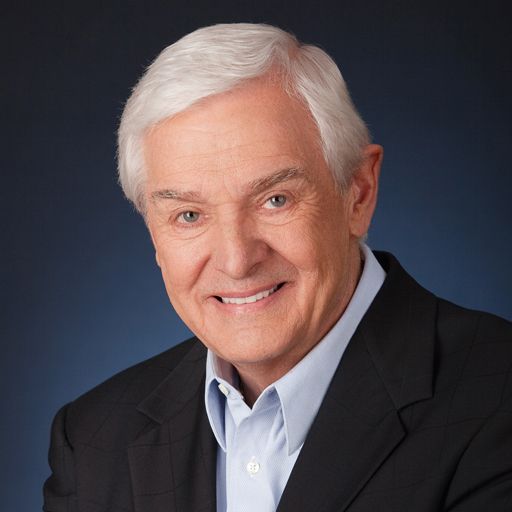God’s description of Cain, Adam and Eve’s oldest son—“You will be a restless wanderer on the earth” (Genesis 4:12, NIV)—seems to have become characteristic of the whole human family. After all, it was God who told Adam and Eve, and later Noah, to “Be fruitful and multiply; fill the earth and subdue it” (Genesis 1:28; 9:1). We are well on our way.
Fulfilling that command has come more as a by-product of trade and exploration. Trade began on land, with trade routes like the Silk Road. Eventually, roads found their way to port cities, and trade by sea catapulted human development to a new level. Before the fifteenth century, sea trade was focused on the known world: coastal Europe, the Mediterranean, and the coasts of Africa, India, and Asia. But when people realized the world was round, it made sense to leave Europe, sail west, and eventually arrive in Asia. Bringing goods by sea was easier than hauling them overland.
However, the Americas were a huge roadblock. Bartholomew Diaz tried and failed to reach Asia in 1488. Christopher Columbus tried to reach India, sailing west across the Atlantic, and in 1492, discovered “America” (technically the Caribbean islands). But the big picture of the world was still missing until Magellan attempted to sail around the world in 1519. Four years later, some of his crew made it back, proving it possible to sail anywhere in the world. That was all kings and merchants needed to know. There were realms to conquer and riches to capture. Modern sea trade was born. They had maps— now they needed technology—so they built better ships, and in time, ruled the seas. Their pursuit of wealth and power made the movement of spiritual wealth possible.
Just as Paul spread the Gospel over Roman roads, so the modern missionary movement exploded with steam-powered sea travel. The Church Growth Era (1750-1900)—or the Age of Modern Missions—saw William Carey leaving England for India, David Livingstone leaving Scotland for Africa, and Lottie Moon leaving America for China. Thousands more could be named.
The planet hasn’t changed size, but the world has “grown” over the last two thousand years. When Jesus told His disciples to take the Gospel into all the world, it’s estimated there were two hundred million people alive. Today, there are more than 8 billion. The era of people going into all the world by ship to spread the Gospel set a standard to follow: Use every available means to reach as many as possible as soon as possible with the greatest impact possible.
When oceans became highways, the world shrank in terms of evangelistic progress. Today’s digital highways shrink the world ever faster, bringing a new kind of wave to the fore: sound waves. Our ability to reach people is growing, and the digital revolution has given the Church countless resources!
So, what is the task ahead of us? There are two ways to look at the Gospel and world population. One is by numbers: How many people are not yet Christians? The other way is by people groups: How many culturally and linguistically identifiable groups of people are there where the Church hasn’t been established in a self-replicating way?
The Joshua Project says that of the 16,845 people groups in the world, 7,398 are unreached with the Gospel. The population in those unreached people groups is 3.4 billion.[1] So 3.4 billion people in the world are in cultural groups with no access to the Gospel. They can’t become Christians because the Gospel isn’t established in sufficient strength. But more than a billion non-Christians live in people groups where the Gospel is established.
Because of this, our job is not finished. Whether sheer numbers or people groups, there are billions of precious souls whom Christ came to seek and save. The Gospel has always been spread by sound waves—words of preachers and teachers. But today we can multiply those waves infinitely through digital means: television, radio, Internet. Even printed resources, still useful and preferred by many, are being transferred to digital platforms, making them available to the world. Let’s continue to “make waves” throughout the world, spreading the Gospel through every means possible.
David Jeremiah is the senior pastor of Shadow Mountain Community Church and the founder and host of Turning Point for God. For more information about Dr. Jeremiah or Turning Point, visit www.DavidJeremiah.org.
[1] http://www.joshuaproject.net








